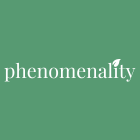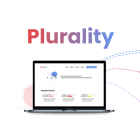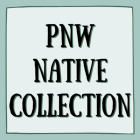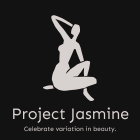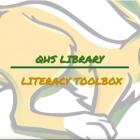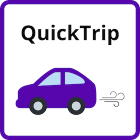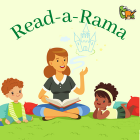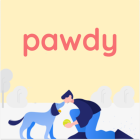
Pawdy: free pet sitting for UW community
Pawdy is a free, secure, and accessible pet sitting website designed for UW students. As our furry friends have become a crucial part of our life, the need for pet sitting has grown exponentially. Many students have to sacrifice personal life for their pets due to the high cost of pet sitting. With Pawdy, students can find other UW students to sit their pets for free. Students can request pet sitting and interested student pet owners can contact them to make arrangements. Pawdy provides convenience for pet sitting, forms a close-knit community around the campus, and develops relationships around their interests in pets.

